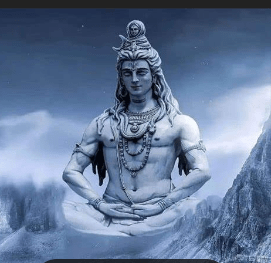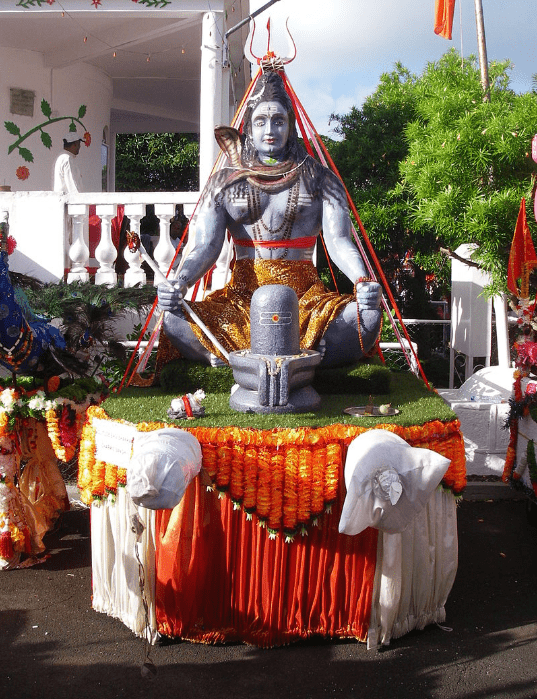Mahashivratri: Celebrating the Divine Union of Shiva and Shakti
Mahashivratri, one of the most revered festivals in Hinduism, is celebrated with great fervor and devotion across India and in many parts of the world. This auspicious occasion marks the convergence of spiritual energies and symbolizes the divine union of Lord Shiva with Goddess Shakti. With rituals, fasting, prayers, and vibrant festivities, Mahashivratri holds profound significance for devotees seeking spiritual elevation and divine blessings. In this blog post, we delve deep into the origins, significance, rituals, and spiritual significance of Mahashivratri.
Origins and Legends:
The origins of Mahashivratri are rooted in ancient Hindu mythology and scriptures. According to legend, it is believed that on this day, Lord Shiva performed the cosmic dance of creation, preservation, and destruction known as the Tandava Nritya. Another popular legend associated with Mahashivratri is the marriage of Lord Shiva to Goddess Parvati. It is believed that on this auspicious night, Lord Shiva accepted Parvati as his consort, signifying the divine union of masculine and feminine energies.

Significance of Mahashivratri:
Mahashivratri holds immense spiritual significance for devotees of Lord Shiva. It is believed that observing fasts and performing rituals on this day can bestow blessings, absolve sins, and lead to spiritual liberation. The festival is also associated with the cleansing of negative energies and the renewal of spiritual energy. Devotees seek the blessings of Lord Shiva for prosperity, peace, and spiritual enlightenment.
Rituals and Celebrations:
The celebrations of Mahashivratri vary across different regions of India, but certain rituals are commonly observed by devotees. Fasting is a significant aspect of Mahashivratri, with many devotees abstaining from food and water throughout the day and night. Special prayers and hymns dedicated to Lord Shiva are chanted in temples and homes, invoking his divine grace and blessings. Devotees also visit Shiva temples to offer milk, honey, flowers, and bael leaves to the Shiva Lingam, the sacred symbol of Lord Shiva.
The night of Mahashivratri is believed to be particularly auspicious for performing vigil and meditation. Many devotees stay awake throughout the night, engaging in continuous prayers and meditation to seek the blessings of Lord Shiva. It is believed that the spiritual energy and vibrations are heightened during this time, making it conducive for spiritual practices and self-reflection.

Spiritual Significance of Mahashivratri:
It holds deep spiritual significance beyond its religious and cultural aspects. It is a time for inner transformation, self-discovery, and spiritual awakening. The festival symbolizes the triumph of light over darkness, knowledge over ignorance, and truth over falsehood. By immersing oneself in prayers, meditation, and self-discipline, devotees aspire to attain spiritual purity, inner peace, and divine consciousness.

It is not merely a religious festival but a profound spiritual journey for devotees seeking communion with the divine. Through rituals, prayers, fasting, and meditation, devotees honor the cosmic energies of Lord Shiva and Goddess Shakti, seeking their divine grace and blessings. As the night unfolds with hymns, chants, and sacred rituals, devotees embark on a spiritual quest for enlightenment and liberation. May Mahashivratri inspire us all to awaken the divine consciousness within and experience the eternal bliss of union with the Supreme.
Must Read: Delhi-Meerut RRTS



Thank you for the auspicious writeup. It in fact was a entertainment account it. Look complicated to far added agreeable from you! However, how can we keep in touch?
You can drop an email to us at newzglimps@gmail.com